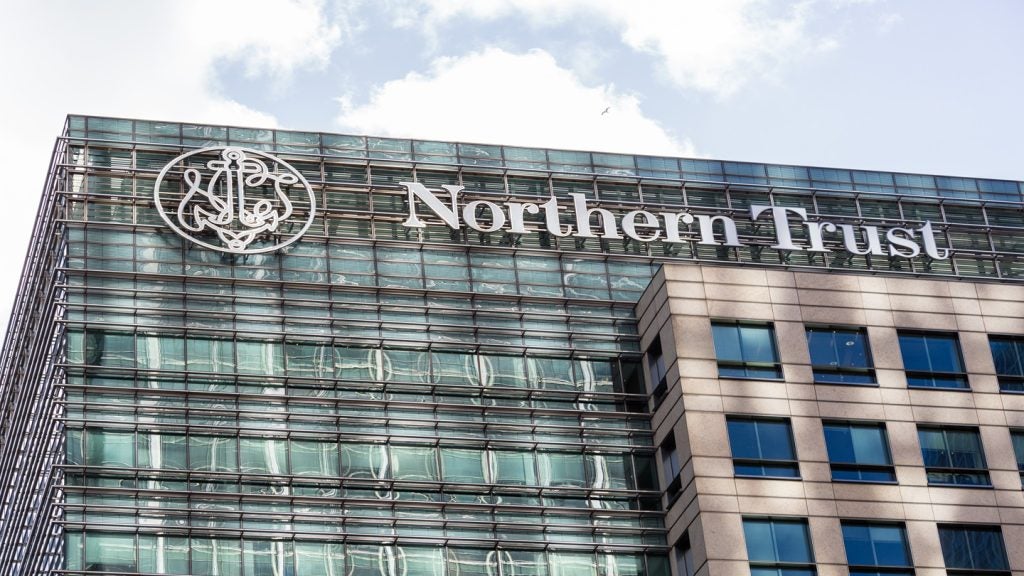 Most private banks recognise
Most private banks recognise
that they have a great deal of work to do in rebuilding the trust
of their clients after the catastrophic events of recent years,
which have called into question both the competence and the honesty
of anyone who calls themselves a banker.
Although the problem is more acute
for the larger banks – which are seen to have mismanaged their
affairs so badly – the entire industry has been damaged by the
fall-out.
Simply, tell the
truth
Firstly, rebuilding trust starts
with telling the truth, and while this may sound obvious, it is no
small management task to unwind the culture of spin that has
infected the industry over the last twenty years.
It means being honest about our
products and services and not glossing over the bad bits while
stressing the good points. It means setting out our offering
clearly and defining exactly the nature of the relationship between
the private banker and the client.
How well do you really know your competitors?
Access the most comprehensive Company Profiles on the market, powered by GlobalData. Save hours of research. Gain competitive edge.

Thank you!
Your download email will arrive shortly
Not ready to buy yet? Download a free sample
We are confident about the unique quality of our Company Profiles. However, we want you to make the most beneficial decision for your business, so we offer a free sample that you can download by submitting the below form
By GlobalDataIt means throwing away all the
brochures which suggest the private banker is a trusted adviser if
what you really offer is a product salesman, who simply does not
have the knowledge and experience to live up to the trusted adviser
label.
Equally, if you claim to offer
long-term relationships but a typical client has a change of
relationship manager every three years, building trust will be
difficult.
What are the real
costs?
Secondly, the nature of the added
value needs to be stated explicitly – are you really offering
relatively standard products, but asking the client to pay a
premium for more personalised service.
Or are you providing a genuinely
tailored service, which actually enhances the outcome? If the
latter, how exactly is this achieved?
The problem is that a genuinely
tailored service is expensive to deliver and our wish for a
‘scalable’ business model inevitably drives us to greater
standardisation, while charging for individual service, which is
obviously dishonest (albeit very common).
In the height of the financial
crisis, for instance, many clients found that they had to go over
the head of their relationship manager to find someone capable of
advising them as an individual, rather than simply churning out the
corporate line.
Redesign your service
offering
Thirdly, rebuilding trust requires
a redesign of the full service offering around the needs of the
client, rather than the needs of the organisation or even the
regulator.
Private banking is not about
centrally designed products being pushed out at ‘targets’ (clients)
through a ‘distribution system’, it is about understanding the
individual client and designing the offering specifically for them,
subject to the constraints of cost.
Risk, for instance, needs to be
appraised and monitored from a deep understanding of the client’s
needs and circumstances. As opposed to a formulaic approach based
on questionnaires and mathematical models.
Excessive and overly-simplistic
reliance on volatility as a measure of risk is a disgrace to the
sector.
Any bank which designs a risk
assessment and monitoring capability which genuinely encompasses
the needs and preferences of individual clients will be taking a
massive step forward in rebuilding client trust.
Simplifying reporting
language
Equally, performance reporting
needs to be communicated in a format and language which speaks to
the needs of the investors rather than using industry jargon and
endless charts. This does not always address the issues of most
concern to the client.
The use of jargon, far from
impressing a client, tends to sew the seeds of distrust, often
being used to hide a lack of understanding on the part of the
private banker.
Finally, the whole organisation
must be run for the client. This must be reflected in all
management systems and decision making, from the targeting and
remuneration of managers to resource decisions and corporate
culture.
Building client trust requires an
honest culture, which means every management decision must be
consistent with the service claims made in the brochures.
There is no greater cause of
cultural rot than giving employees instructions which conflict with
the quality and integrity of the service which they are supposed to
deliver to the clients.
Michael Maslinski is a
director of Maslinski & Co Ltd, strategy and marketing
consultants to the wealth management sector. He can be reached at
www.maslinski.com.







